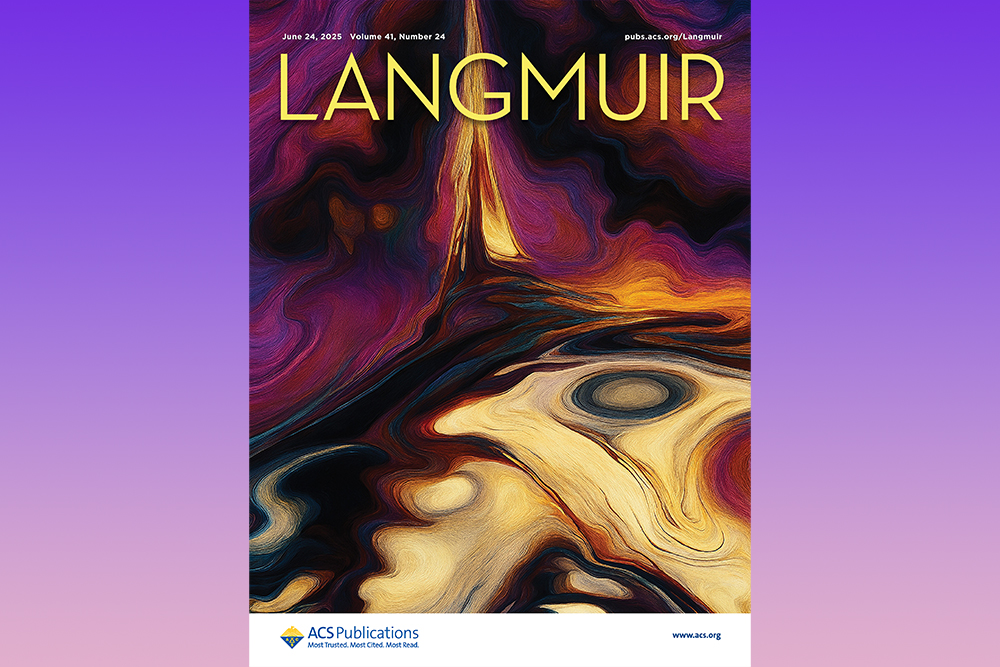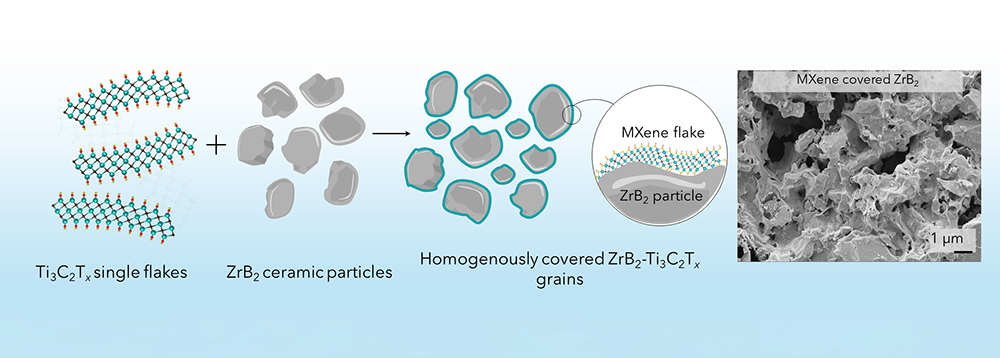ASTM International has issued a new global standard to address the use of honeycomb ceramics in automotive catalytic converters, diesel particulate filters and combustion burner plates. The standard, ASTM C1674, Test Method for Flexural Strength of Advanced Ceramics with Engineered Porosity (Honeycomb Cellular Channels) at Ambient Temperatures, has been developed by group’s Subcommittee C28.04 on Applications, part of its International Committee C28 on Advanced Ceramics. The new standard’s purpose is to create a well-defined, comprehensive benchmark for characterizing the mechanical strength of honeycomb ceramics, according to Stephen Gonczy, C28 Subcommittee chair and president of Gateway Materials Technology. He says it will also be used to test production materials, develop new compositions and configuations, and to evaluate environmental durability. Gonczy notes that, in addition to conducting an inter-laboratory study to quantify the repeatability and reproducability of the honeycomb flexure test in a range of compositions, architectures and specimen sizes, the C28 Subcommittee is also engaged in developing standards for porous ceramics with three-dimensional cellular ceramic foam structures. Gonczy says ASTM’s C28 Subcommittee welcomes the participation of ceramic producers and/or end users in its work. For more information, email him or call 847-870-1621.
CTT Categories
- Construction
- Energy
- Material Innovations
- Transportation


